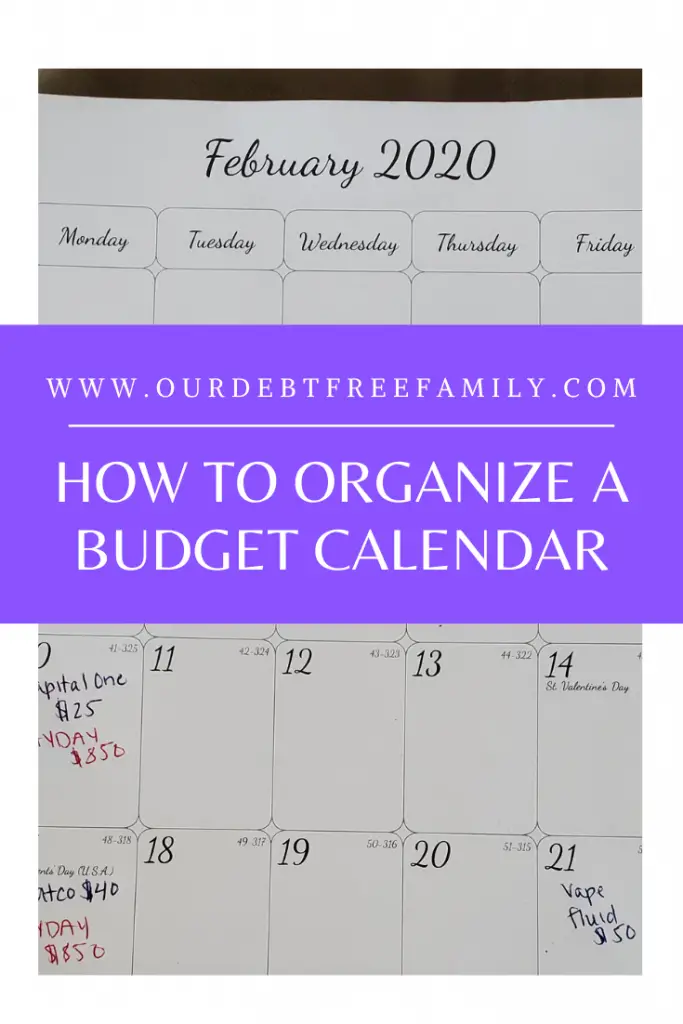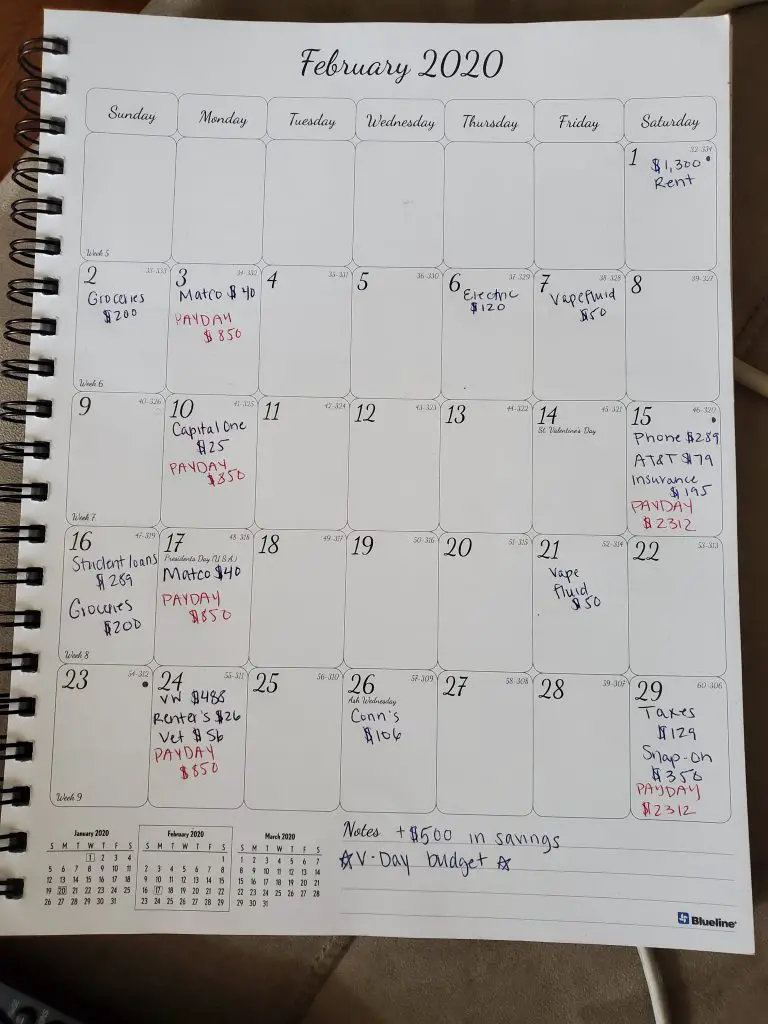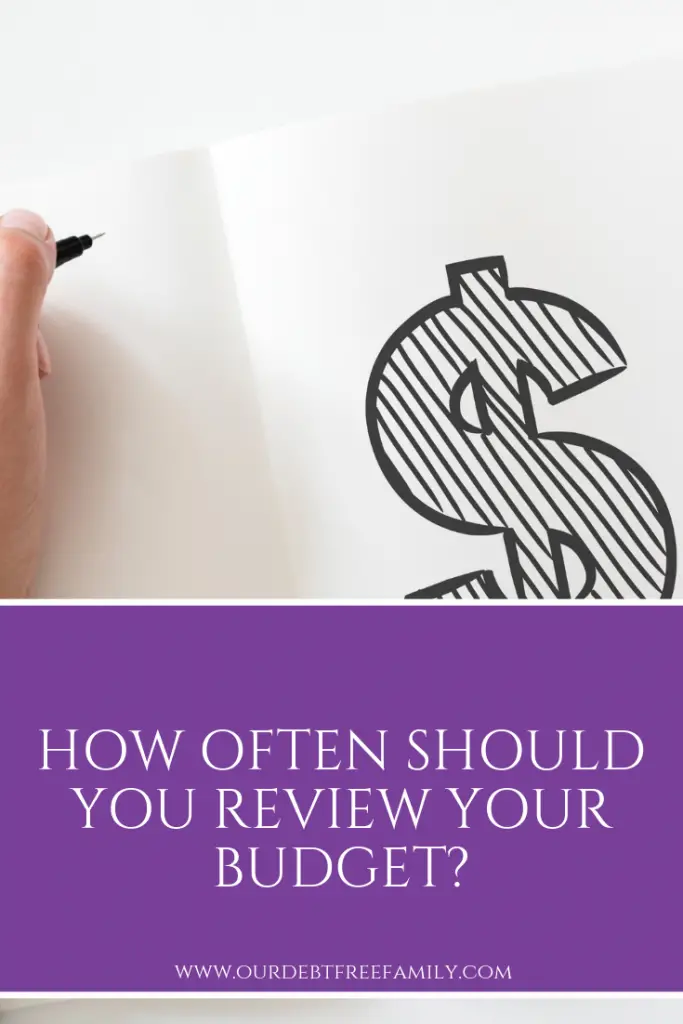
As I’ve been talking about for a few weeks, we are looking at moving… again. If you have been following the blog for a while, you know we started our financial journey while living in a motel (that is just a step above being homeless). We got moved into our apartment after that, then shortly after got the offer to move down to Atlanta. Since being in Atlanta, we’ve moved twice, and now we are just ready to move away from Georgia altogether. So, we started looking for cheaper housing to start saving more but questioned if it was the right decision.
Cheaper Housing vs. Quality of Living
The first thing you really need to decide is how much of your quality of living you’re willing to give up for cheaper housing. Cheaper is almost always going to mean giving up something. You may find it means shared laundry space, small living quarters, or heavily used appliances.
Consider how much money you would be able to save and how that would help the progress of your financial goals. Would that be worth giving up your quality of living for a short period of time? As a family, we’ve done this. We have been in a studio apartment for going on two years now and it wasn’t worth the discomfort we saved moving here. It has sent us running away from apartment living altogether. Giving up space was not the right decision on our part.
Which brings me to my next point, what are your limits when it comes to pursuing cheaper housing? Is it space, is it amenities, is it location? For us, being able to stay the next place we land for a while is important. We want to have a yard for our dog, extra room for expanding our family, and a home office. This way, we can stay put until we are either debt-free or ready to buy a home.
Should You Relocate to Save Money?
Another thing people often think of doing to help them financially is relocating. Especially now, when many people are working from home, relocating may be a good option. For instance, if you are self-employed, you may consider moving to a state with a lower income tax or if you are starting a family you may want to move somewhere with good schools and low property tax.
You may also find some rural areas have cheaper rent prices and even cheaper real estate. Those moves seem enticing when you look at the large savings, but you should also consider how it will impact your day-to-day life. How far will you have to drive to the store? Will you have to pay more for an internet connection?
Bottom-line
There is more to making decisions about your life than how much money you’ll save making that move. You should consider your entire life, happiness, and long-term goals when you are making any big decision in your life, even if it is something as small as seeking cheaper housing.
When it comes down to it, making decisions about your everyday life should take more thought and consideration. For us, our next step will be to find reasonably priced housing that our family can grow into and stay in for a while. Somewhere we can reach debt freedom and start saving for our first home. To me, this will be the perfect find over saving (insert amount here) each month.
Readers, what things do you place more importance on when making decisions in your life? Have you ever made a similar choice about housing?


